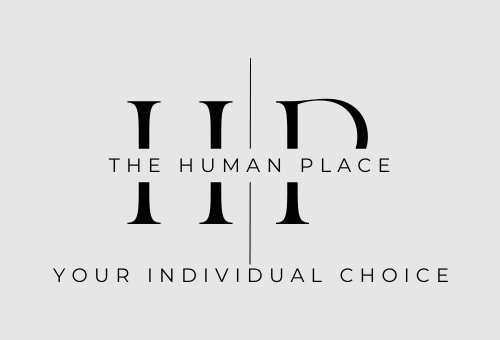Nowadays, organizations are not like those in the past. People strive to succeed and search for further growth and development paths. The traditional hierarchical structure is not interesting anymore. Organizations are becoming flatter, and at the same time, the complexity of work is growing exponentially. In this complex environment, some skills seen as complicated for getting a role in the company or being successful in this role are no longer critical. Leaders today search for soft skills and people who collaborate well to deliver results.
Hard skills are not forgotten, but the world has moved from thinking of them as mandatory to creating programs to teach employees those skills. Hard skills are structured and can be learned in a programmed way. So companies need to invest less effort and bring more structure to teach employees, and in most cases, people learn these skills within a short period, and their performance becomes more than satisfying.
But there is a different case with soft skills. Most people are not natural connections and relationship builders. They don’t know how to build a meaningful relationship or one that will allow them to be successful in their roles and deliver results.
Everyone needs three simple but crucial skills today to deliver the expected results. Learn and use them; employees may count on being successful and respected in their roles.
Interaction skills
People are not in a silo anymore. We work in connection with others. Our results depend on what others do or don’t do. Constantly, during the days, we communicate, sharing some information and taking information from others. Our work results depend on what we share and receive to ensure that the goals will be achieved. So, the ordinary person today interacts with many different others. Results in work and life are now a function of the quality and the intensity of the interaction. The better the interaction is, the more positive the perspectives for success are.
Cooperating
While interaction is a skill that brings people together on different topics, the quality of work and success in professional and personal life depends on how we cooperate with others. Cooperation is vital because it brings people together and opens the door to tremendous success. Collaborating with people means finding the right approach and level of interaction so that this interaction delivers results for everyone involved. No matter the topic, the challenge, or the opportunity ahead, in a world where people tend to search for different ways to achieve more with fewer resources. Cooperation is a crucial skill people need to learn because of the complexity they live in. A person who does not accept complexity and is not open to collaboration often struggles with results and is vulnerable to burnout. The plan to decrease self-destruction and be successful goes through the path where the person can build the skill for cooperation.
Sharing skills and information
In the complex world we are living now, a single person can’t know everything. But with active interaction and building the right environment for cooperation, people need access to the right skillsets and information to deal with the complexity. The sharing skills are the essence of what we build as a skillset or bucket of knowledge. Primarily, data is helpful for the person itself. However, sharing it expands the impact on the information owner and user. The more information that can be useful in a specific situation people can find, the less stress and the higher the results they produce will be.
In that light, sharing their information makes people valuable contributors to others’ success and their own.
The same logic can be applied to sharing skills. The digital environment allows people to learn everywhere and from every source they think is trusted. We still rely on others to teach us how to master specific skills. In that environment of sharing and building, the more the person shares their skills, the better others become in their work, and the more they support achieving a person’s own goals and objectives.
The less the individual is open to sharing information and skills, the more challenges are created on the path to success. On the other hand, learning to share skills and knowledge is a natural booster of results and achievements. Learning how to do it correctly, according to the situation, and involving people by knowing others’ learning styles and delivering what they need in the appropriate form is building excellence in execution and showing the results required best.
IN CONCLUSION:
No matter the area of expertise or the environment, building the right interpersonal skills can help people grow, be accepted, and receive support in numerous areas of their lives. People can achieve amazing things with the correct set of knowledge, skills, and attitudes. They must only focus on “building the right set, depending on the environment.” Now, ask yourself: “Am I building the right set for myself, and if not, what can I do to change that?”
